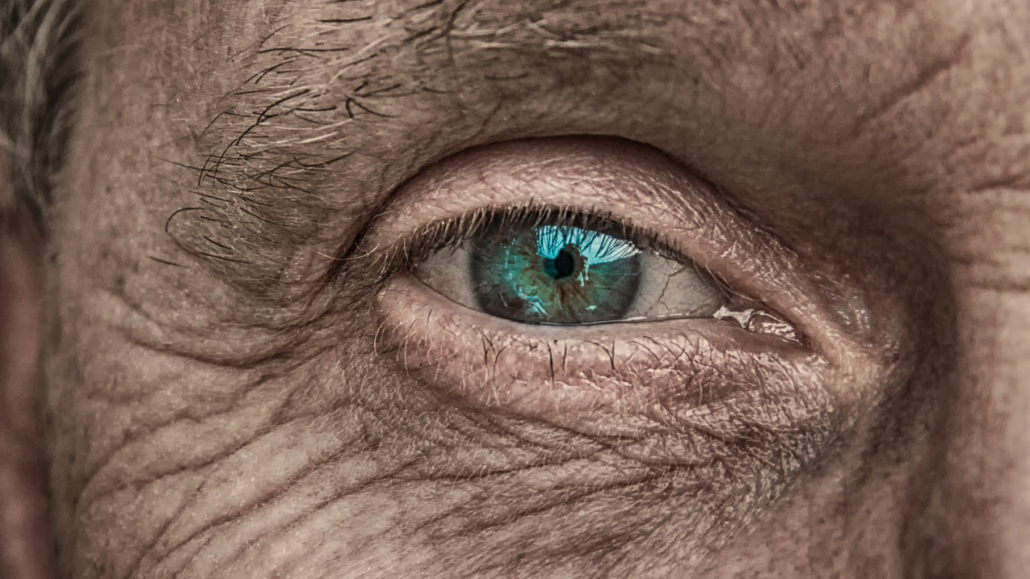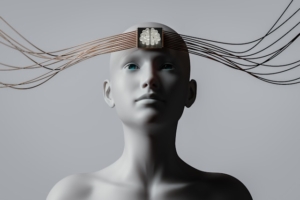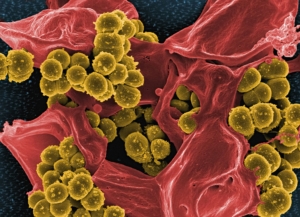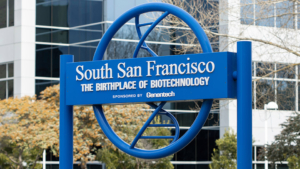
Retinopathy: Golgi and Breye join forces
Milan-based biotech incubator Golgi Neurosciences is teaming up with Danish biopharma Breye Therapeutics to develop the P2X7 receptor antagonist programme for the treatment of retinal disorders.
The two companies announced their collaboration, which aims to find treatment options for both early-stage diabetic retinopathy (DR) and dry-AMD (Age-Related Macular Degeneration) – two disorders that frequently cause vision loss. There is a significant need for more effective and patient-compliant drugs in the ophthalmic field, stresses Chiara Liberati, Managing Director at Golgi Neurosciences. Ulrik Mouritzen, CEO of Breye Therapeutics, added: We are pleased to collaborate to advance the P2X7 receptor antagonist programme for retinal disorders, where there is a large unmet medical need for more effective and less burdensome therapies.
The P2X7 receptor is an ATP-gated ion channel expressed in various cell types and is a key inflammation switch. Inflammation increases in the diabetic retina and does so in a self-propagating manner. Strong scientific evidence also implicates inflammation in the pathogenesis of AMD.
Golgi Neurosciences S.r.l. is a biotech incubator dedicated to the discovery and development of small molecule-based treatments for neurodegenerative diseases with high unmet need. The incubator boasts a diverse portfolio of clinical and preclinical stage companies, all focused on programs targeting various neurodegenerative diseases, including Alzheimer’s, Parkinson’s, Amyotrophic Lateral Sclerosis, Multiple Sclerosis and Retinopathies. Breye Therapeutics ApS is a clinical-stage biopharmaceutical company developing novel oral therapies for retinal vascular diseases. Breye raised a seed round from Novo Holdings and Sound BioVentures and received financial support from the BioInnovation Institute, the Danish Growth Foundation (Vækstfonden) and the Danish Innovation Foundation (Innovationsfonden).




 Genentech Corp. / Roche
Genentech Corp. / Roche